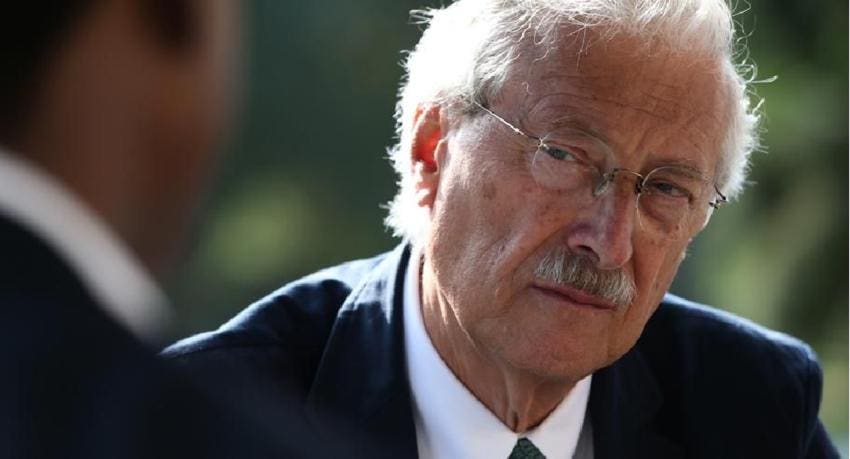Retired Navy Captain Frederick “Skip” Burkle is an extraordinary figure who has played vital roles in pivotal moments in American history. From serving as a pediatrician in Vietnam during the war to leading daring humanitarian rescues and providing medical assistance in various international disasters, Burkle’s dedication to service and selflessness is truly inspiring. Despite his incredible contributions, he remains largely unknown to the public, overshadowed by celebrities and politicians in today’s media-driven culture.
Burkle’s journey began in Vietnam in 1968, where he provided medical care to wounded Marines, civilians, and enemy combatants while also assisting a nearby village. This experience shaped his calling and set the stage for his future endeavors in humanitarian medicine. In 1975, he led “Operation Babylift,” rescuing over 300 orphaned infants amidst the fall of the South Vietnamese government and the chaos of Saigon.
In 1990, Burkle was summoned back into service during the Persian Gulf War, where he served as the Senior Medical Officer for the Marine Corps’ largest field hospital. In just a brief period, his team treated hundreds of wounded troops and Iraqi prisoners, earning him accolades for his leadership and service. Throughout his career, Burkle continued to work on humanitarian missions, enhancing disaster response capabilities and aiding in international crises.
In 2002, Burkle’s expertise led him to a role at the U.S. Agency for International Development, where he played a crucial role in planning humanitarian assistance for the impending invasion of Iraq. Despite facing obstacles from Department of Defense officials, Burkle persisted in his efforts to stabilize Iraq’s healthcare system post-conflict. His dedication was further highlighted when he narrowly escaped multiple assassination attempts in Baghdad.
Burkle’s remarkable achievements are a testament to his unwavering commitment to service above self. Overcoming personal challenges such as a learning disability and stuttering, he rose to become a quadruple board-certified specialist, esteemed scholar, and humanitarian. Despite his significant contributions, Burkle remains humble and focused on inspiring future generations to pursue a life of service and compassion, much like his childhood hero, Dr. Albert Schweitzer.
While Burkle’s story may not be widely known, his impact within the military medical community is profound. His courage, dedication, and lifelong commitment to humanitarian assistance medicine have earned him the respect and admiration of three generations of military officers. As a beacon of hope and inspiration, Burkle’s legacy serves as a reminder that individual actions can make a significant difference in the world, leaving a lasting impact for those who come after.















